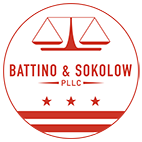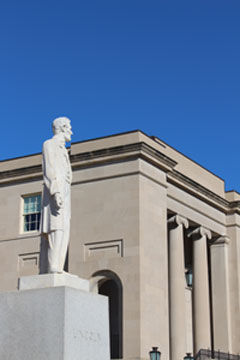The District of Columbia is now in Phase 2 of reopening. DC Health developed guidance for apartments, cooperative associations, and condominiums. DC’s document outlines measures to help reduce the risk of COVID-19 transmission among employees, tenants, and the community. You can view a copy of the guidance document here.
Also, for materials that can be posted within your facility and for additional information on Phase 2, visit https://coronavirus.dc.gov/phasetwo.
Please contact our office at 202-269-3333 with any questions.

